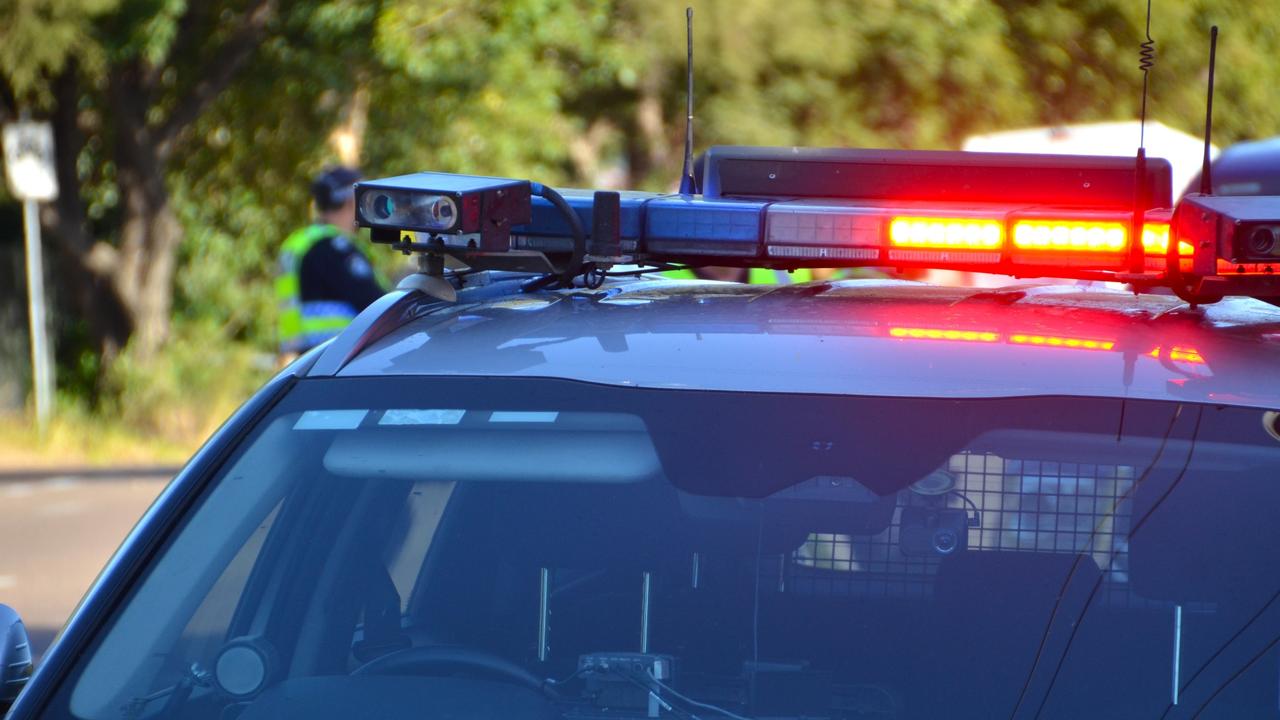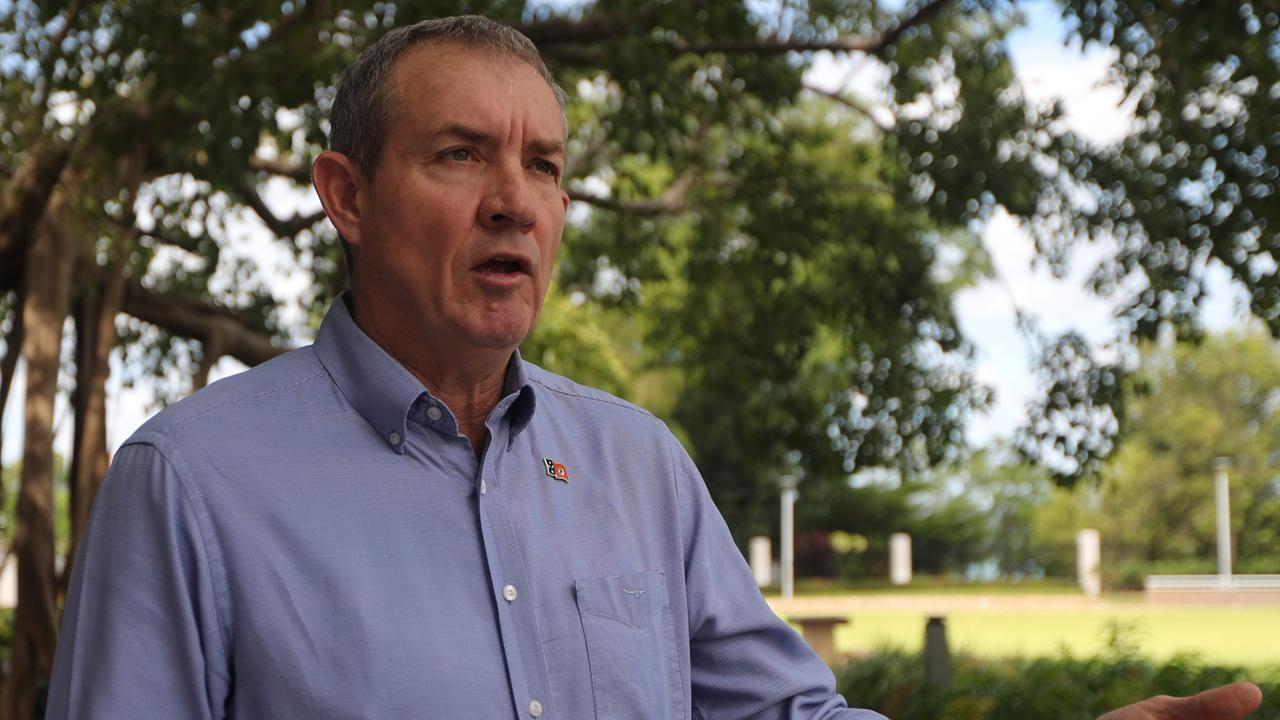NT Liquor Act review suggests new search and seize powers, expanding banned drinkers register
Territory booze laws will be shaken not stirred under a major review of the Liquor Act. See what is being proposed here.

Politics
Don't miss out on the headlines from Politics. Followed categories will be added to My News.
Territory bouncers, council staff, park rangers and bus workers could soon have the power to search people and pour out their booze under proposed Liquor Act changes.
The NT government opened up consultation on the Liquor Act on Tuesday, three years after the major booze laws came into force.
Chief Minister and Alcohol Policy Minister Natasha Fyles said the review would balance the need to minimise alcohol-related harm with ensuring businesses could responsibly sell booze to thirsty Territorians.
“Alcohol-related harm continues to be one of the greatest social issues facing the Northern Territory today,” Ms Fyles said.
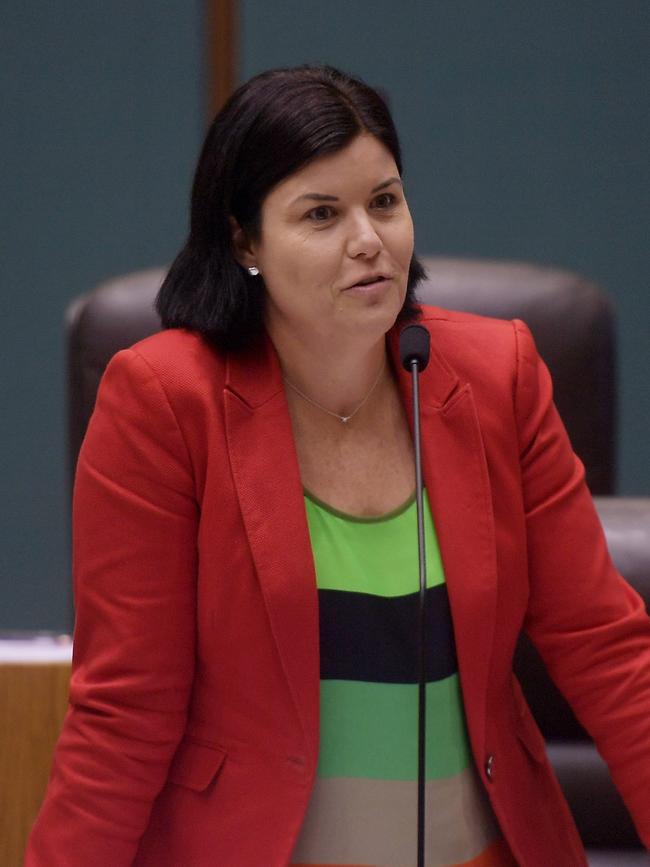
The Alcohol Policy Coordination Unit discussion paper has opened debate over measures to address the Territory’s “exceptionally high alcohol consumption rates and associated harm”.
Among the proposals was an extension to a five-year moratorium on issuing new takeaway licenses, which is due to expire on August 31.
The discussion paper suggested giving contracted licenced security officers, transit officers, park rangers and council rangers “the authority to search individuals and seize any opened or unopened container that is believed to contain liquor”.
It highlighted public housing safety officers and Alice Springs council rangers already had these powers.
Transit Safety Officers and council rangers could also be given the power to put people on the Banned Drinker Register.
Other proposed amendments could expand the ban periods and allow banning notices in high-risk areas to automatically trigger a Banned Drinker Order.
Hospitality NT welcomed the review, with an initial submission from the industry body already with the government.
“Our focus is on removing unnecessary red tape, being an open for business jurisdiction whilst acknowledging industry’s ongoing commitment to take our responsibilities seriously,” a spokeswoman said.
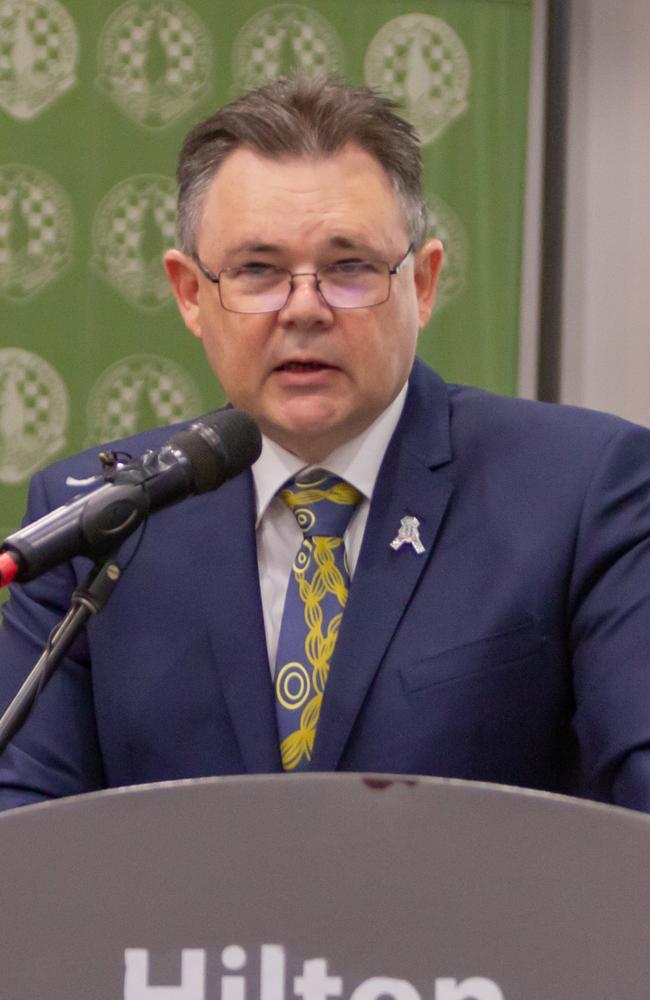
NT Police Association president Paul McCue raised concerns over the expanded search and seizure powers, asking for more details.
“On the face of it, it appears the only reason to explore expanding search and seizure powers to appointed officers who are not full sworn police, is because there aren’t enough police to undertake those duties,” Mr McCue said.
He said after the July remote drinking changes police resourses were being wasted, with 75 Police Auxiliary Liquor Inspectors acting as bottle shop “security guards”.
“Our members are feeling incredibly frustrated,” Mr McCue said.
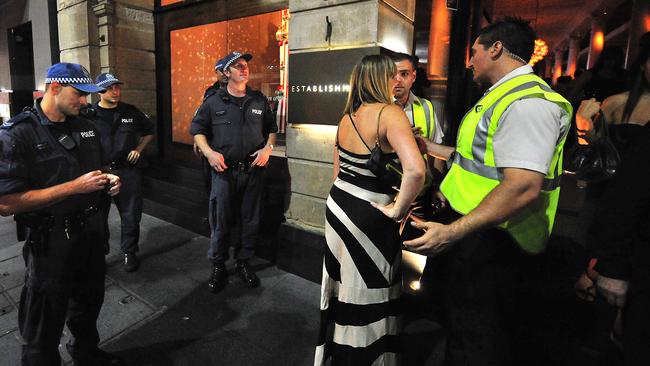
“They want to be out there, proactively policing – but it’s hard to do that when you’re stuck on a bottle shop, turning away drunks.”
Mr McCue called for the PALI officers to be converted into Constable positions.
“That would mean more frontline officers to proactively tackle crime and address the staggering levels of domestic violence and alcohol-related harm,” he said.
“If the government is serious about tackling alcohol-related harm and violence, the Banned Drinker Register should also be expanded to pubs and clubs.”
The NT Police Liquor Act annual report said 32 people were given banning notices in the 2021-22 financial year, with seven of those hit with multiple bans.
The discussion paper suggested clarifying for booze bans charges, with potentially higher penalties facing grog runners.
It proposed changing the act to mirror wording from the Intervention-era Stronger Futures Act, so it would be a crime to “possess” the alcohol rather than “transport” with the intent to supply.
“Due to the remoteness and the high costs associated with conducting remote operations, it is not operationally feasible for police to only detect the offence once an individual has physically entered the boundary,” the discussion paper said.
The review comes five months after controversial laws lifted alcohol controls for more than 400 remote communities, despite opposition from medical, Aboriginal and police groups.
Businesses have pushed for licencing reform, particularly around noise complaints and licence transfers.
Noise complaints could soon have a strict time limit to avoid licensees being forced to look into grumbles about rowdy crowds from up to six months earlier.
The paper said it would look at measures to support live music and entertainment venues while not disturbing their neighbourhood.
The industry has also pushed for licence transfers to be easier, with no re-examination of any aspect of the new operation.
However, the discussion paper said social services groups raised concerns this would lead to new licence owners who did not meet the “fit and proper person” criteria.
It also suggested increasing penalties for businesses breaching their liquor licences, particularly for those who repeatedly break the rules.
NT Police Deputy Commissioner Michael Murphy said police would be making a submission, particularly around drinking in public places, point of sale activity, general restricted areas, banning notices, secondary supply, search and seizure powers.
“Alcohol and related harm continues to impact community safety, not limited to domestic violence, road user serious injury and anti-social behaviour,” Mr Murphy said.
“We will continue to examine practices and new ideas to influence change and remain contemporary to keep Territorians safe.”
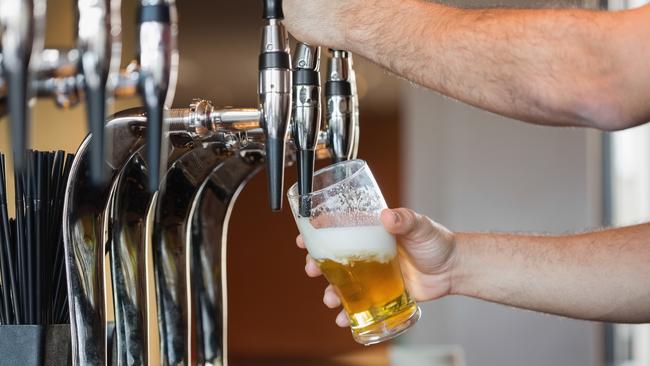
The consultation period will remain open until February 28 and will include stakeholder meetings, governance groups and community forums.
A report is expected be tabled to the NT parliament before October 2023.
The Riley Review, an independent advisory panel to review alcohol policies and legislation, handed down 220 recommendations to reduce alcohol related harms in 2017.
The discussion paper said the 2019 reforms putting in place 70 of the Riley Review recommendations.
In 2019 the reforms introduced a risk-based licensing scheme, appointed a Director of Liquor Licensing with specific application and complaints timelines, and gave certainty to hairdressers, jewellers and other businesses offering cheeky complimentary drinks to customers.




